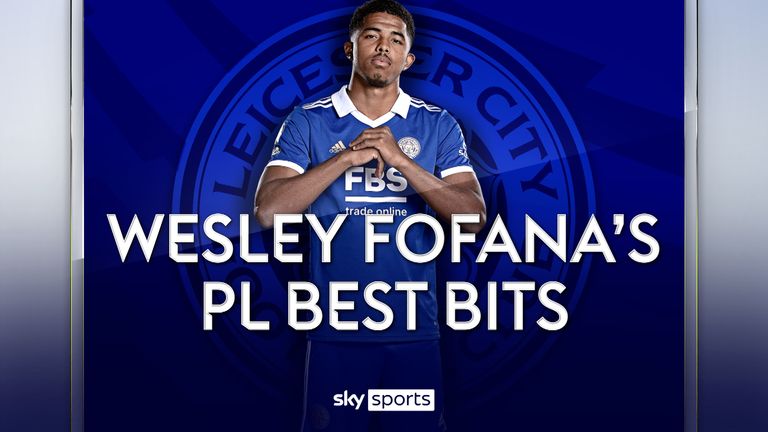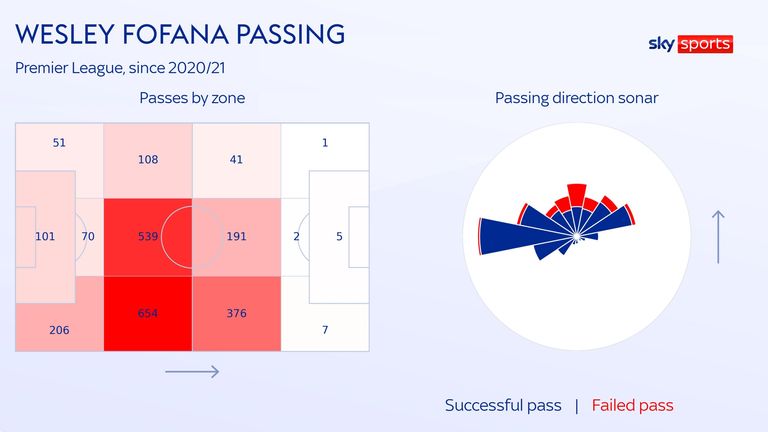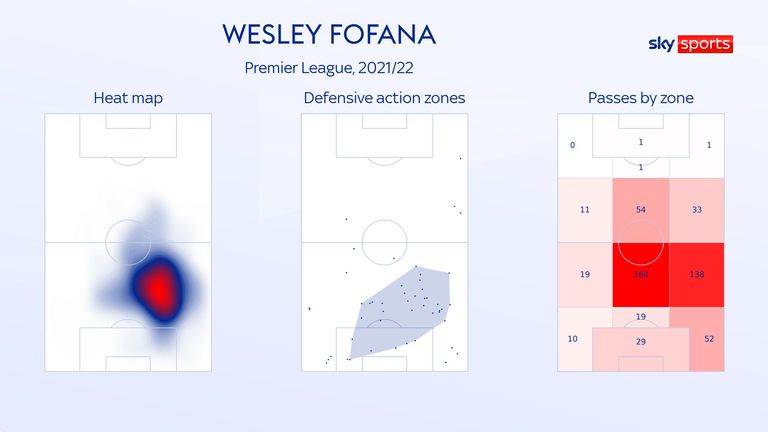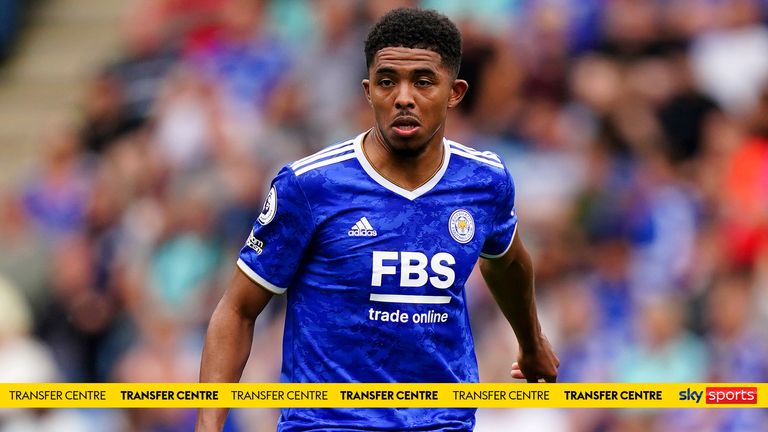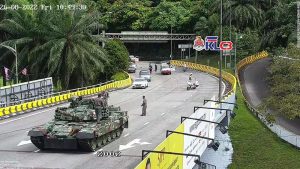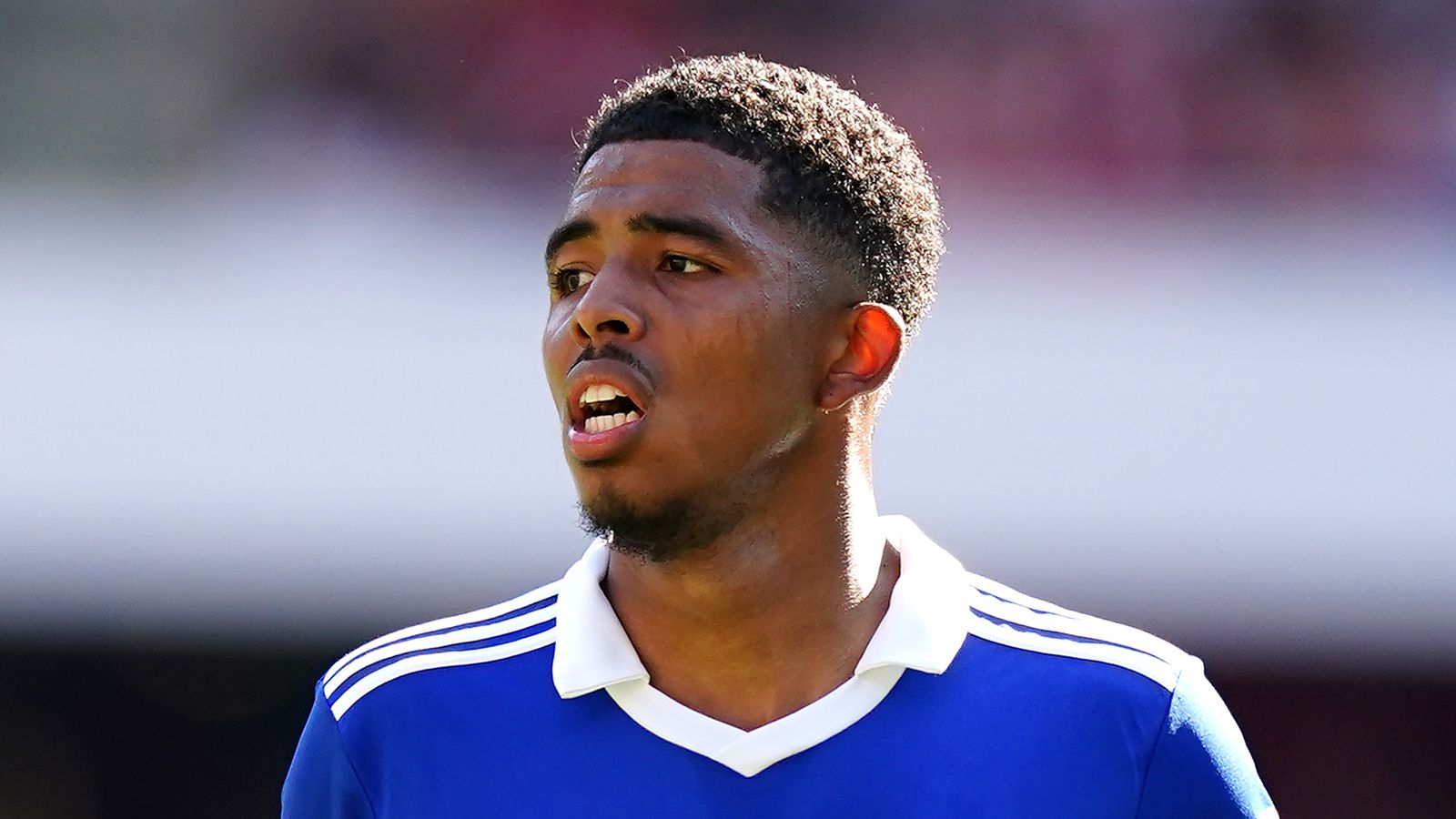
Wesley Fofana remembers his first training session at Leicester City. Jamie Vardy lunged at him with both feet. That was his welcome to English football but the young defender soon made himself right at home.
When he was out injured last season, Brendan Rodgers compared his absence to Liverpool losing Virgil van Dijk. So swift has his progress been that former Chelsea defender and World Cup winner Frank Leboeuf likened his rise to that of Kylian Mbappe.
Jonny Evans, his centre-back partner at Leicester, even tipped him to go on to become one of the world’s best defenders after watching him deal with Pierre-Emerick Aubameyang. Speaking to Rodgers about Fofana in April, he was similarly convinced.
“He is an absolutely phenomenal talent, this young man,” he told Sky Sports. “He is a star in the making. The raw talent, the anticipation for a defender. He is going to be an absolute elite player.” Now 21, Fofana is ready to show that he already is one.
The £70m move to Chelsea will make the uncapped Frenchman one of the most expensive defenders in the history of the game. The fee reflects his level of performance for Leicester but it also reveals something about how much Thomas Tuchel believes he needs him.
Chelsea’s defensive record since the German arrived at the club has been largely impressive, keeping as many clean sheets as Jurgen Klopp’s Liverpool. Even Pep Guardiola’s Manchester City have conceded only two fewer than Chelsea since Tuchel came in.
But the departure of Antonio Rudiger to Real Madrid was a huge loss. It is not just his quality but more specifically his pace. Rudiger was clocked as the fastest player in the Premier League last season – just ahead of Mohamed Salah and Adama Traore.
Kalidou Koulibaly, 31, can replicate Rudiger’s presence but alongside the 37-year-old Thiago Silva it means Chelsea need to be mindful of the make-up of that back line. It partly explains why Tuchel has sometimes wanted Reece James in there over Cesar Azpilicueta.
No other Chelsea defender came close to Rudiger’s top speed of 36.7 kilometres per hour last season. Trevoh Chalobah was closest at 33.2 kilometres per hour. But Fofana changes that. His top speed for Leicester last season was a healthy 34.5 kilometres per hour.
It makes him one of the quickest defenders in the Premier League and that has consequences. It allows his team to play in a different way. “He was letting us attack, shutting down counter-attacks,” said James Maddison after beating PSV last season.
Speaking to Rodgers back at Leicester’s training ground on the morning after that win in Europe, he explained the impact Fofana’s style of play had on his team. They were defending higher and the gaps were smaller. “Pace does that,” he told Sky Sports.
“The size of the pitch is always dictated by your centre-halves and full-backs.” If the defence are too deep, concerned by that ball over the top, it undermines everything. “You can be up there pressing but if they are sat back on the halfway line then the pitch is too big.”
He added: “It is a trait we like to have in the team. We ask them to defend forward. That is about anticipation, closing the pitch, sustaining attacks. You cannot always score with the first pass but you need to win it back and counter-press when you lose it.”
That ability to intercept, darting out from the back line to win back possession, is a much-cherished quality in top teams. They want a defender who can run back towards his own goal but also impact the game in the other direction with that controlled aggression.
Add in Fofana’s aerial ability thanks to a leap that allows him to outjump taller opponents. Note the ball skills that ensure he is comfortable in possession. This is why Leicester looked such a different team in his absence during the first half of last season.
“Any team would miss him,” Rodgers told Sky Sports.
“You have to be honest and open enough to admit that you are going to miss someone of that ability. Of course that is going to hinder performance. There is no rocket science to it. You miss your best players and it takes away from the level of your game.”
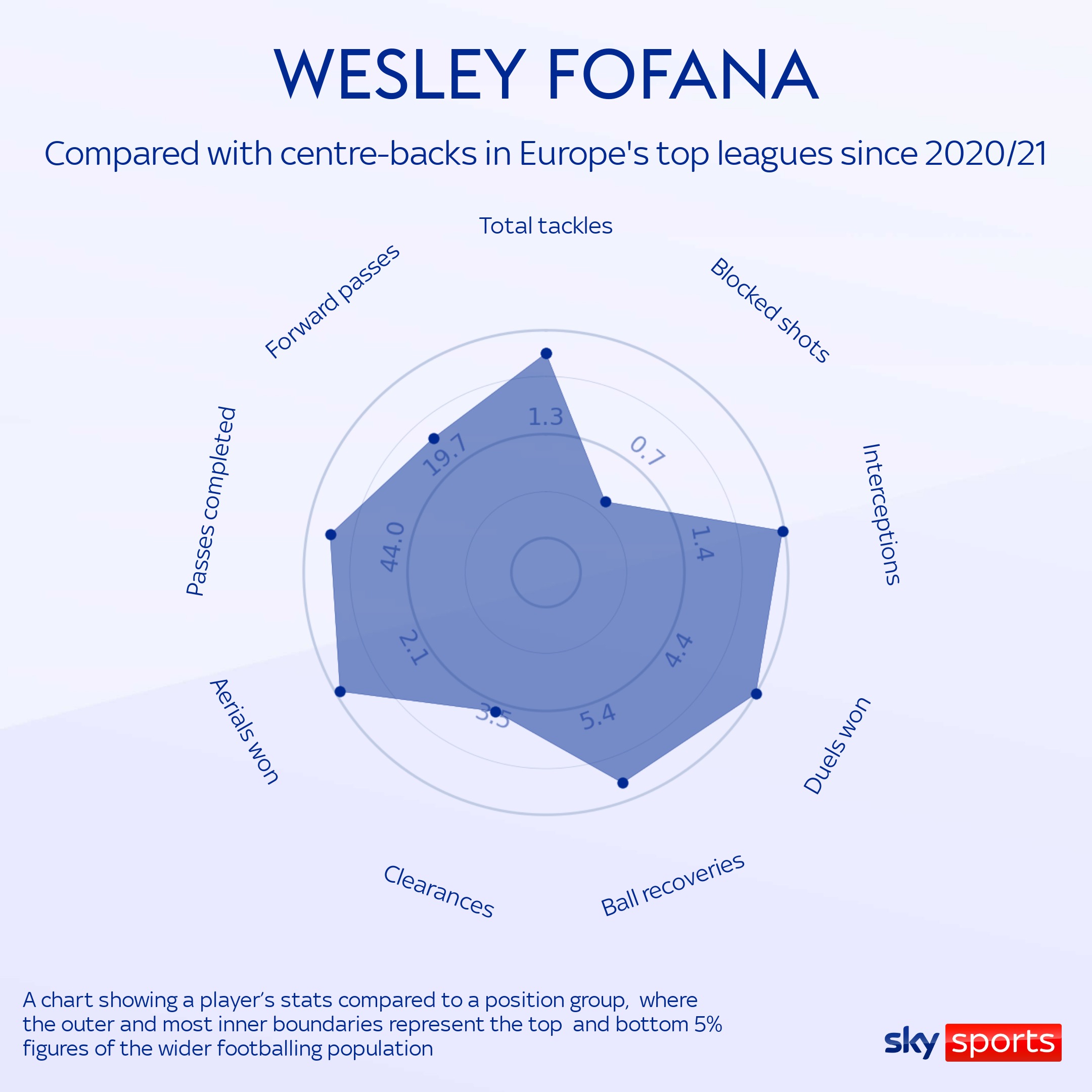
That is Leicester’s problem now. With the help of Evans on the pitch and Kolo Toure off it, the boy dubbed ‘Little Wes’ due to the presence of title-winning captain Wes Morgan at the club grew into a man in the Midlands. But they had to know this might be fleeting.
The circumstances of Fofana’s arrival were controversial. Saint-Etienne did not want to sell but the player pushed for the move, his family enduring personal abuse as a result. He was single-minded then and singled-minded now. All that matters is the next step.
For Fofana, that means Chelsea. He was 11-years-old when his hero Didier Drogba won the Champions League with the club in 2012. By following that same path, he is determined to secure a place in Didier Deschamps’ France squad for the World Cup later this year.
Chelsea will benefit from that ambition, just as they will benefit from the tactical flexibility that Rodgers instilled in him. Fofana is a good fit on the right side of a back three but he can also play as one of two centre-backs. That might be the one aspect left to improve.
“We just need to be careful with him,” said Rodgers in April. “He is still learning aspects of the game, tactically. We have to remember how young he is.” When his £70m move is complete, perhaps it will be time to look at it another way. How good could Wesley Fofana yet become?
